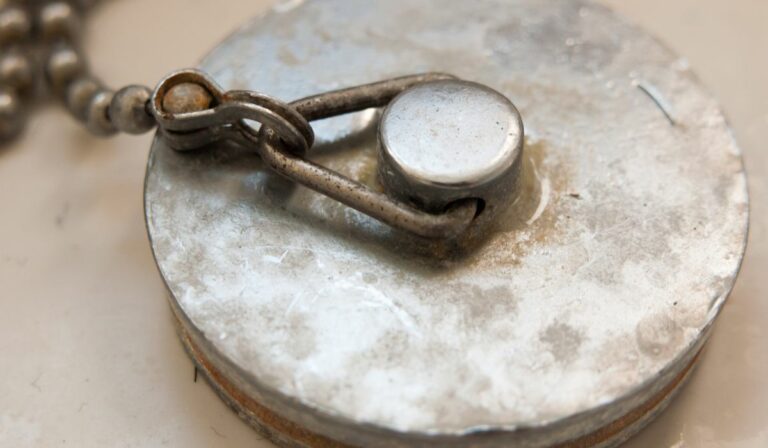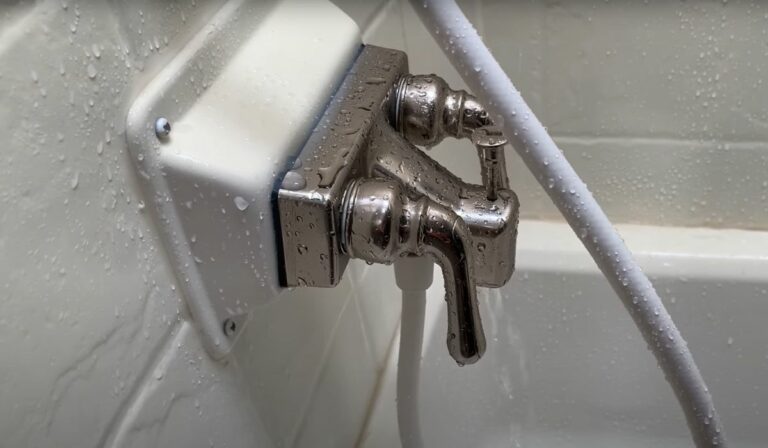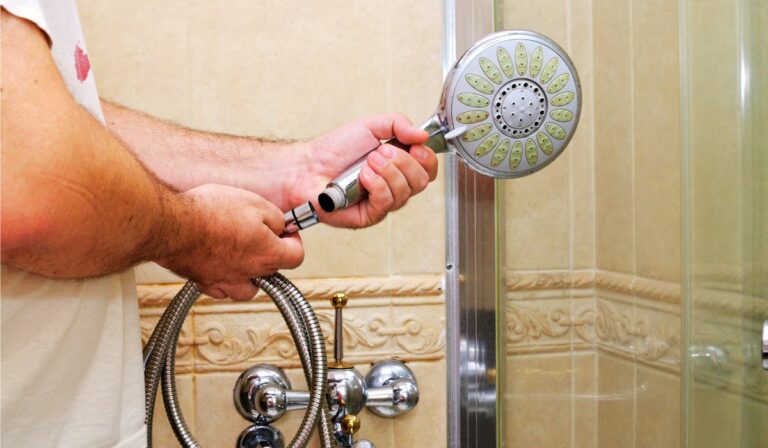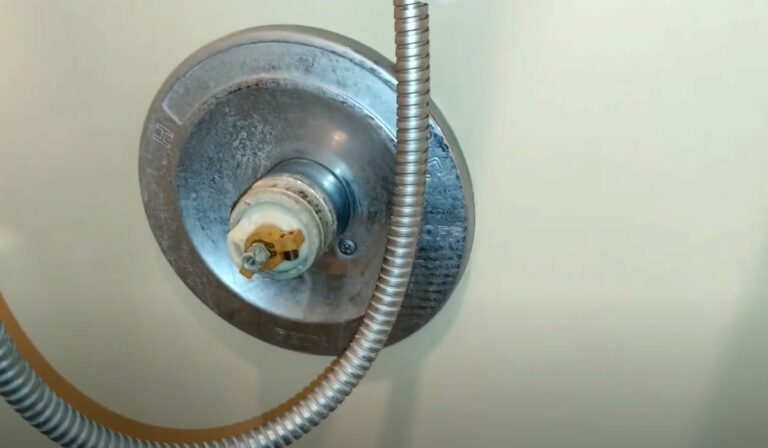When Do You Have a Bridal Shower
You typically have a bridal shower 4 to 6 weeks before your wedding, giving guests enough time to buy gifts and helping you avoid last-minute stress. Hosts, often close friends or family, plan it considering your wedding date and guest availability. You’ll want to avoid holidays and busy times to keep attendance high. Seasonal weather and coordination with other pre-wedding events also play a role. Keep these factors in mind, and you’ll find the perfect timing.
Ideal Timing Before the Wedding Day
Although you might be eager to celebrate, the ideal timing for a bridal shower is typically four to six weeks before the wedding. This window gives guests enough time to purchase gifts and allows the bride to enjoy the event without feeling overwhelmed by last-minute wedding details.
Scheduling the shower too close to the wedding can lead to added stress, while hosting it too early might lessen the excitement as the big day approaches. Planning it within this timeframe also helps ensure family and friends can attend without conflicting with other wedding-related events like rehearsals or bachelor parties.
Seasonal Considerations for Scheduling
When planning your bridal shower, consider the season since it can influence the date, location, and overall vibe of the event.
For example, a spring shower offers blooming flowers and mild weather, perfect for outdoor garden parties. Summer invites poolside gatherings or picnics, but keep the heat in mind when scheduling.
Fall brings cozy settings with rich colors and seasonal treats, ideal for indoor celebrations by the fireplace.
Winter showers can feel festive and elegant, often held indoors with warm décor and comfort food.
Also, think about your guests’ comfort—extreme weather might affect attendance.
Coordinating With Other Pre-Wedding Events
Since your bridal shower is just one part of the pre-wedding festivities, you’ll want to coordinate its timing carefully with other events like the engagement party, rehearsal dinner, and bachelorette party.
Ideally, space out these gatherings so each feels special and doesn’t overlap. For example, hold the engagement party soon after the proposal, then plan the bridal shower about a month or two before the wedding.
The bachelorette party typically fits in after the shower but before the rehearsal dinner, which usually occurs the night before the wedding.
Who Typically Hosts the Bridal Shower?
Coordinating the timing of your bridal shower with other pre-wedding events sets the stage for a smooth celebration.
Typically, your bridal shower is hosted by a close friend, family member, or bridesmaid. Often, the maid of honor takes the lead, but anyone close to you who wants to celebrate can step in.
If no one volunteers, you can gently suggest or ask a trusted person to take on the role.
The host handles invitations, venue, and planning details, so you don’t have to worry.
Remember, hosting is a way for loved ones to show support and excitement for your upcoming wedding.
Your role is to enjoy the event and celebrate with those who care about you.
Factors Influencing the Date Choice
Choosing the right date for your bridal shower depends on several important factors. First, consider the wedding date itself—you’ll want the shower to happen early enough for guests to buy gifts and for you to enjoy the celebration without wedding stress.
Next, think about your close friends’ and family’s availability; weekends or evenings often work best to ensure key people can attend. Also, factor in travel plans if guests are coming from out of town.
Seasonal considerations matter too—avoid holidays or busy times when people might be distracted or unavailable. Lastly, coordinate with the host’s schedule since they’ll be organizing the event.
Balancing these factors helps you pick a date that’s convenient and meaningful for everyone involved.
How to Announce the Bridal Shower Date
After settling on the perfect date, you’ll want to share the details clearly and promptly to ensure everyone can attend. Start by creating a guest list and deciding how you’ll send invitations—whether through traditional paper invites, digital cards, or a group message.
Include all essential information: date, time, location, RSVP deadline, and any special instructions like themes or gift registries. Be sure to double-check contact details to avoid miscommunication.
If you’re announcing the shower well in advance, consider sending a “save the date” notice first, followed by a formal invitation closer to the event. Clear communication helps guests plan accordingly, reducing last-minute cancellations and ensuring a smooth, enjoyable celebration for the bride.
Frequently Asked Questions
What Are Popular Bridal Shower Themes?
You’ll love popular bridal shower themes like garden party, tea party, rustic chic, spa day, or a travel-inspired bash. Pick one that matches the bride’s personality and style to make the celebration unforgettable and fun!
How Many Guests Should Be Invited?
You should invite around 20 to 30 guests, focusing on close friends and family. Keep it intimate enough for meaningful conversations, but big enough to celebrate together and create a lively, fun atmosphere everyone enjoys.
What Gifts Are Appropriate to Bring?
You should bring gifts that suit the bride’s tastes and needs, like kitchen gadgets, personalized items, or pampering products. Check her registry first to avoid duplicates, and consider thoughtful, meaningful presents she’ll appreciate.
What Activities Are Common at Bridal Showers?
You’ll enjoy games like bridal bingo, “Who Knows the Bride?” and advice cards. Guests often share stories, open gifts, and indulge in treats. These activities keep everyone engaged and celebrate the bride-to-be’s upcoming wedding.
How Long Does a Typical Bridal Shower Last?
A typical bridal shower lasts about two to three hours. You’ll have enough time for games, gift opening, and socializing without feeling rushed, keeping the atmosphere fun and relaxed for everyone involved.
Conclusion
You’ll want to plan your bridal shower about one to two months before your wedding, giving everyone enough time to celebrate without feeling rushed. Consider the season and other pre-wedding events, so it fits smoothly into the schedule. Usually, a close friend or family member hosts it, but you can discuss who’s best to take the lead. Once the date’s set, don’t forget to announce it clearly to all your guests.




